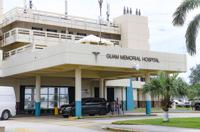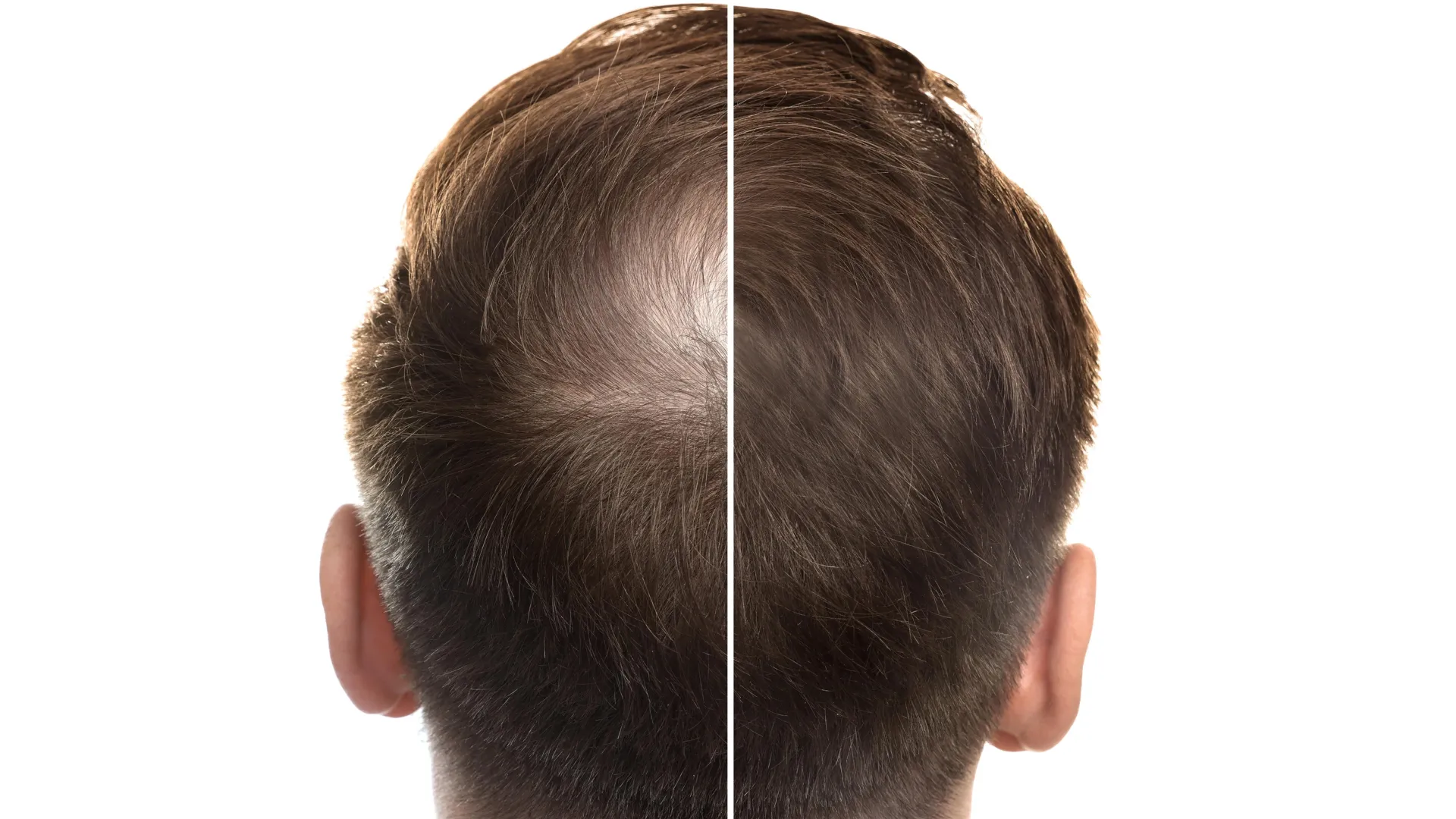
The ongoing health care crisis in Guam requires immediate attention to ensure equitable access to medical services for all residents. Despite discussions over facility upgrades and management restructuring at the **Guam Memorial Hospital**, the underlying issue remains the lack of universal health coverage. Advocates argue that without addressing this fundamental problem, efforts to improve the system will be insufficient.
For years, the hospital has been labeled as being in a “failed state.” Each year brings with it a cycle of debates: Is a new building necessary? Should management be overhauled? Is federal intervention the answer? While these conversations are important, they do not tackle the root cause of the health care crisis on the island. According to former Guam legislator, **Rodriguez**, who has extensively studied the issue, the primary concern lies in the limited access to primary care and preventive services.
Currently, thousands of working-class families in Guam lack health insurance. Many individuals earn just slightly above the poverty thresholds set by **Medicaid** or the **Medically Indigent Program (MIP)**, which excludes them from public coverage. At the same time, the high costs of private health insurance leave them with no viable options. As a result, a significant portion of the population is left to face the risk of needing medical care without any safety net.
The consequences of this gap in coverage are dire. Many residents only seek medical attention when they find themselves in emergency situations, often due to conditions that could have been managed with timely primary care. This not only poses a risk to their health but also results in higher costs for the system as a whole.
At a recent medical town hall in **Dededo**, health professionals emphasized the importance of regular check-ups and medication adherence. Their message resonates with those who have access to insurance. However, for the thousands of residents without coverage, maintaining their health remains a daily struggle. Workers in essential roles such as restaurant staff, retail clerks, and small business owners find themselves unable to manage basic health needs due to financial constraints.
Rodriguez asserts that the key to alleviating this crisis lies in implementing universal health coverage. “Imagine the ripple effect,” he states. “Access to annual check-ups and preventive care would become a reality for thousands.” Such a shift could lead to improved maternal health and lower infant mortality rates, as well as enhanced access to essential services like cancer screenings—a critical need given Guam’s high rates of preventable cancers.
Despite the urgency for reforms, the conversation has stagnated. Rodriguez recalls the **2017** report from the **GMH Task Force**, which he chaired, that recommended not only expanded health coverage but also the establishment of a public-private partnership to modernize the hospital. Some of these recommendations were enacted, including **Public Law 34-59**, which aimed to expand access to health insurance. Unfortunately, the systemic changes necessary to address the ongoing crisis have not materialized.
Nonprofit organizations like the **Todu Guam Foundation** strive to fill the gaps left by the current health care system. While they provide critical services such as immunizations and prenatal care, their efforts are hampered by a lack of sustainable funding. Rodriguez believes that without greater investment and a focus on universal coverage, these initiatives alone cannot rectify the broader systemic issues.
The call for action is clear. Guam requires a managed-care program for **Medicaid** and **MIP**, paired with a mandate for universal health coverage. Redirecting existing funds spent on emergency care into preventive services could transform the health care landscape. Evidence shows that when individuals have access to primary care, emergency room visits decline, costs decrease, and community health improves.
Rodriguez emphasizes the need for collaboration among government leaders, health care providers, and nonprofit organizations to create a system that benefits everyone in Guam. “Only together can we build a health care system that works for everyone on Guam,” he insists, “not just the fortunate few.”
As the island grapples with its health care challenges, it is crucial for leaders to prioritize universal coverage as a solution. The future of Guam’s health care system depends on it.






